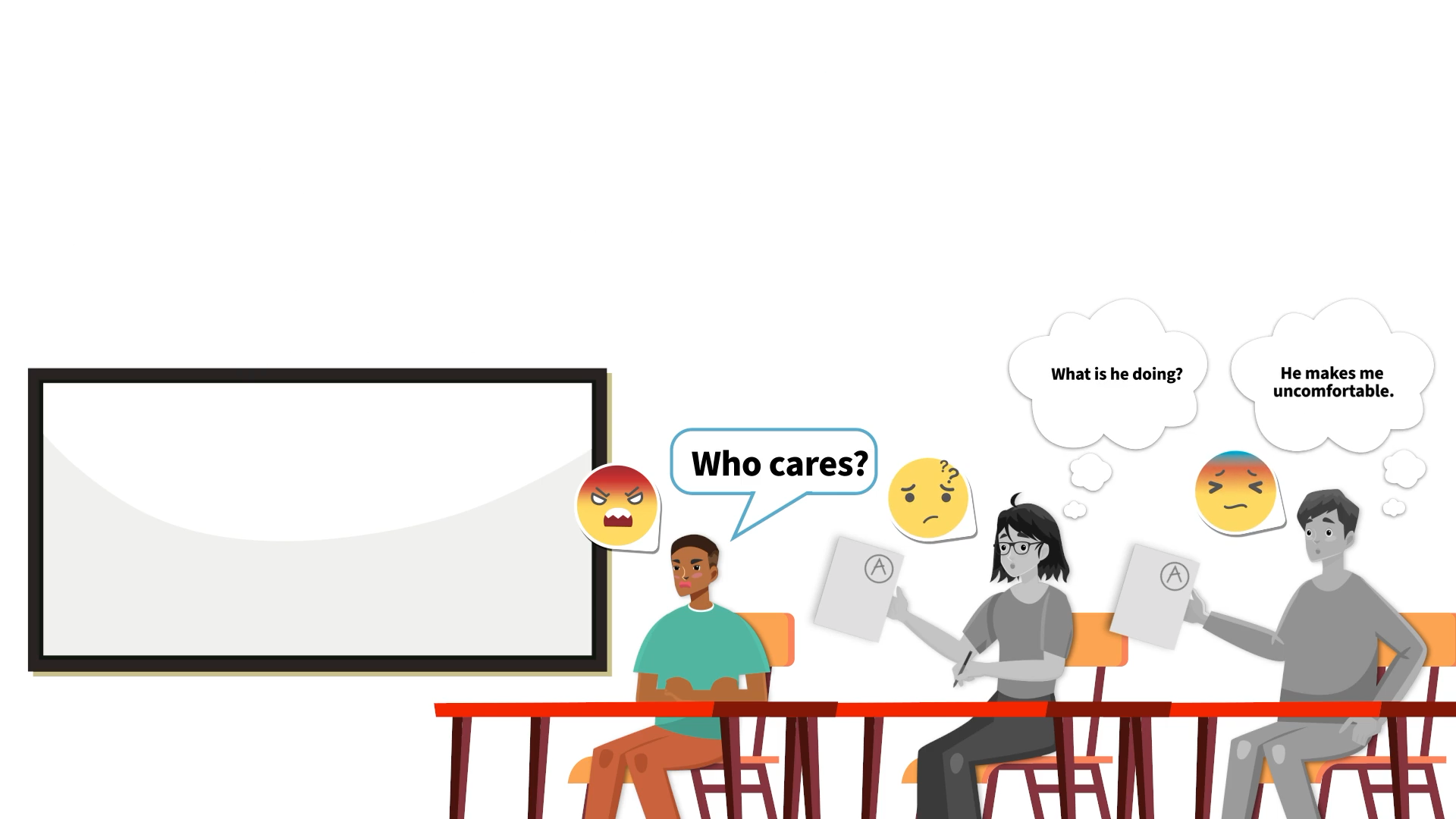
Introduction
It’s natural for students to feel upset or uncomfortable when faced with unexpected or challenging situations. However, it’s crucial for them to learn how to stay calm and manage their emotions in a healthy and respectful manner. This not only helps maintain a positive learning environment but also promotes strong social-emotional skills. This blog post will discuss an easy no-prep activity for educators to use, discussion questions to stimulate further conversations, related skills, and resources to help students develop effective strategies for staying calm during difficult situations.
No-Prep Activity: The Calming Countdown
This simple activity requires no preparation or materials and can be used in any setting. When students start to feel upset or overwhelmed, encourage them to try the Calming Countdown:
- Take a deep breath in through the nose for a count of four.
- Hold the breath for a count of four.
- Exhale through the mouth for a count of four.
- Repeat the process four times.
This activity helps students focus on their breathing, which can have a calming effect on their emotions and help them regain control.
Discussion Questions
- What are some situations that might cause you to feel upset or overwhelmed? How do you usually react in those situations?
- How can staying calm during difficult situations benefit you and those around you?
- Can you think of a time when you successfully stayed calm during a challenging situation? What strategies did you use?
- What are some calming strategies that you would like to try the next time you face a difficult situation?
- How can you help a friend or classmate who is struggling to stay calm during a challenging situation?
Related Skills
Developing the ability to stay calm during difficult situations is an essential component of social-emotional learning. Other related skills that students can benefit from include:
- Self-awareness: Understanding their emotions, triggers, and reactions.
- Emotion regulation: Managing emotions in a healthy and appropriate manner.
- Empathy: Recognizing and understanding the emotions of others.
- Problem-solving: Identifying and resolving conflicts in a constructive way.
- Communication: Expressing thoughts and feelings effectively and respectfully.
Next Steps
Supporting students in developing strategies to stay calm during difficult situations is essential for their social-emotional growth. To further explore this skill and others, we invite you to sign up for free sample materials at Everyday Speech. These resources will provide you with valuable tools and activities to help your students build strong social-emotional skills and navigate challenges with grace and resilience.

